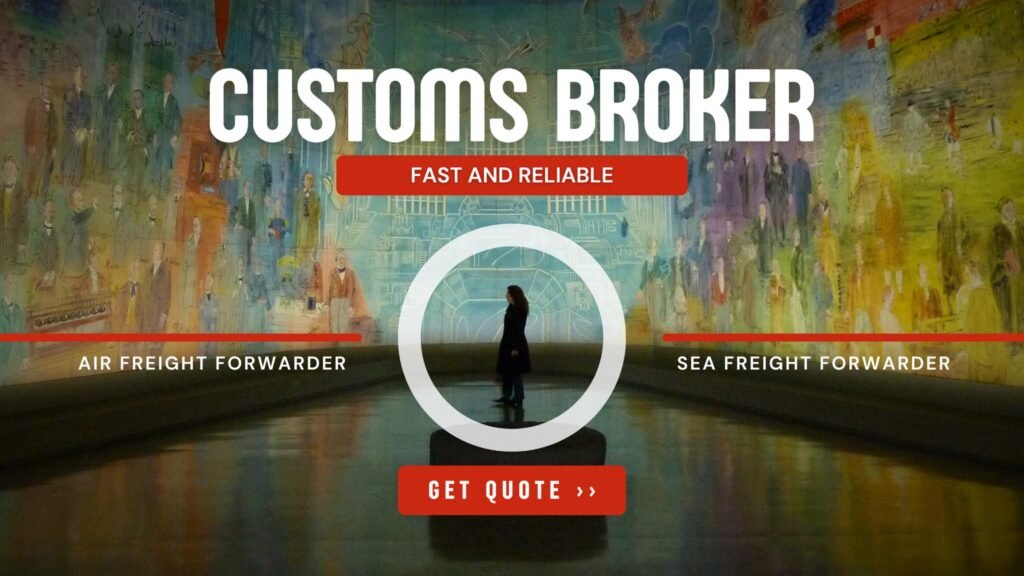In the digital age, technological advancements are transforming various industries, and customs brokerage is no exception. Filipino customs brokers must stay abreast of these innovations to streamline operations, enhance efficiency, and deliver superior service to clients. In this blog post, we’ll explore some of the latest technological innovations in customs brokerage and discuss what Filipino customs brokers need to know to leverage these advancements effectively.
1. Electronic Customs Clearance Systems:
Innovation: Electronic customs clearance systems automate and digitize the customs declaration process, enabling online submission of documentation and real-time tracking of shipments.
Benefits: Reduced paperwork, faster clearance times, improved transparency, and enhanced compliance with regulatory requirements.
What Filipino Customs Brokers Need to Know: Familiarize themselves with the Bureau of Customs’ (BOC) Electronic-to-Mobile (E2M) system and other electronic platforms for customs clearance. Invest in training and technology to optimize utilization of electronic customs clearance systems.
2. Automation and Artificial Intelligence (AI):
Innovation: Automation and AI technologies streamline repetitive tasks such as data entry, document processing, and compliance checks in customs brokerage operations.
Benefits: Increased accuracy, faster processing times, cost savings, and enhanced decision-making capabilities.
What Filipino Customs Brokers Need to Know: Explore automation tools and AI solutions tailored to customs brokerage processes. Invest in training to upskill staff in utilizing automation and AI technologies effectively.
Subscribe to the MyCCBI365 newsletter
3. Blockchain Technology:
Innovation: Blockchain technology offers decentralized, tamper-proof data storage and enables secure, transparent tracking of supply chain transactions from origin to destination.
Benefits: Enhanced security, traceability, and efficiency in customs clearance processes, reduced risk of fraud or tampering, and improved collaboration among stakeholders.
What Filipino Customs Brokers Need to Know: Stay informed about blockchain initiatives and pilot projects in the customs brokerage industry. Explore opportunities to collaborate with partners to implement blockchain solutions in supply chain management.
4. Data Analytics and Predictive Analytics:
Innovation: Data analytics and predictive analytics tools analyze vast amounts of data to identify patterns, trends, and potential risks in customs brokerage operations.
Benefits: Improved decision-making, risk assessment, and resource allocation, proactive identification of compliance issues, and optimization of supply chain processes.
What Filipino Customs Brokers Need to Know: Invest in data analytics capabilities and tools to harness insights from customs data. Collaborate with technology providers to develop customized analytics solutions tailored to customs brokerage needs.
5. Mobile Applications and Digital Platforms:
Innovation: Mobile applications and digital platforms provide convenient access to customs brokerage services, allowing clients to track shipments, submit documentation, and communicate with brokers on-the-go.
Benefits: Enhanced accessibility, customer satisfaction, and efficiency in service delivery, real-time communication and updates, and improved visibility into shipment statuses.
What Filipino Customs Brokers Need to Know: Embrace mobile applications and digital platforms to enhance customer experience and streamline communication with clients. Invest in developing user-friendly, intuitive applications tailored to the needs of Filipino importers and exporters.
Conclusion:
Technological innovations are revolutionizing customs brokerage operations, offering unprecedented opportunities for efficiency, transparency, and customer satisfaction. Filipino customs brokers must embrace these advancements, stay informed about emerging technologies, and invest in training and resources to leverage technology effectively. By embracing technological innovations, customs brokers can stay competitive, enhance service delivery, and drive success in the dynamic landscape of international trade.
Prof. Rod Villanueva, eMba, Lcb
Entrepreneur








